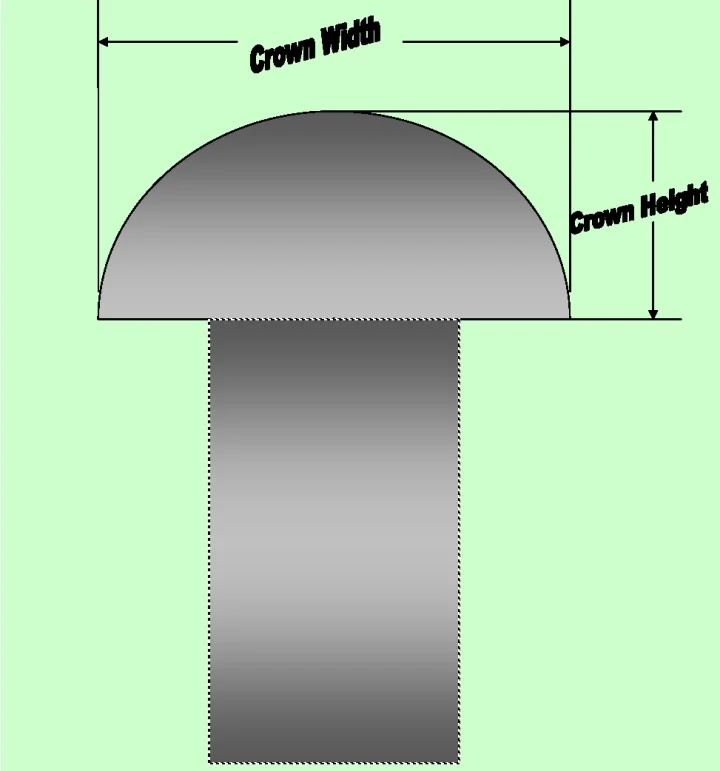Guitar Frets
Replacing your guitar frets
Any good Luthier will tell you that the guitar neck is one of, if not the most critical part of the guitar. If the neck is not right then all you have is an object. Frets are a critical part of the neck and if they are not leveled and crowned properly then the instrument will not reach its' full potential, as is the case with so many guitars. When trying to determine if you need to replace your guitar frets, I highly recommend that you take it (or send it) to a professional repair facility. If you feel confident enough to evaluate it for yourself then I will offer up some pointers;
1) If the crown of the frets have been worn flat then you may need new frets depending upon how worn they are, as you may just simply need to have the existing frets re-worked. The same goes for frets that are grooved where the guitar strings have worn them. If you are experiencing fret buzz or having intonation problems then worn frets may very well be the problem.
2) Frets that are not level can ruin the play-ability of a guitar. If you have a 3" perfect straight edge you can check the level of your frets along the fret board from end to end and side to side. If the frets are not level at any point then you want to check to make certain that the frets are all fully seated on the fret board as frets can sometimes draw out.
The Most Popular Fret Wire
Fret wire comes in different crown widths and crown heights and the way you play guitar should direct your choice of fret size. Players who like to bend notes will tend to lean towards taller and wider fret wire with a crown width around .110 and a crown height of around .57. Players who tend to press hard on the strings are probably better off with shorter thinner frets (.077 crown width and .035 crown height) as taller frets will cause notes to turn sharp with a hard player over pressing the strings. Discussing your playing style and needs with a good luthier should be on your agenda if you want to reach your full potential.
Fret Wire Material
Your choice of fret material range from soft nickel, nickel-silver, brass and Evo (copper alloy) to a very hard stainless steel. On all of my guitars I use the Evo fret wire as I find it to have the right balance of work ability and hardness. I also like the gold look it has when properly worked and polished.

